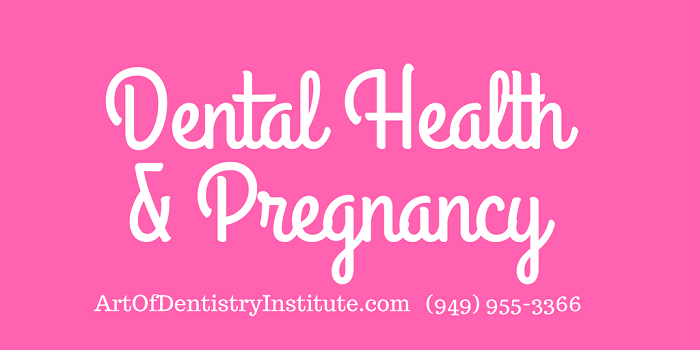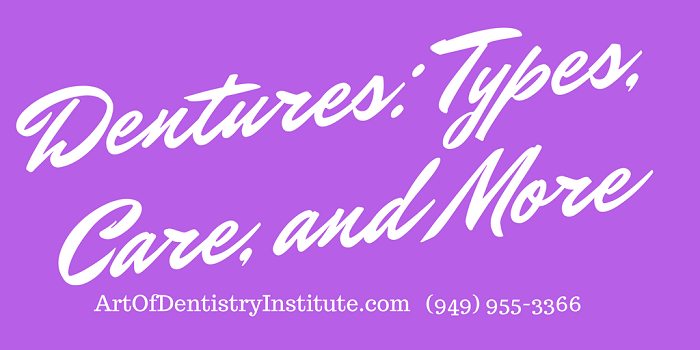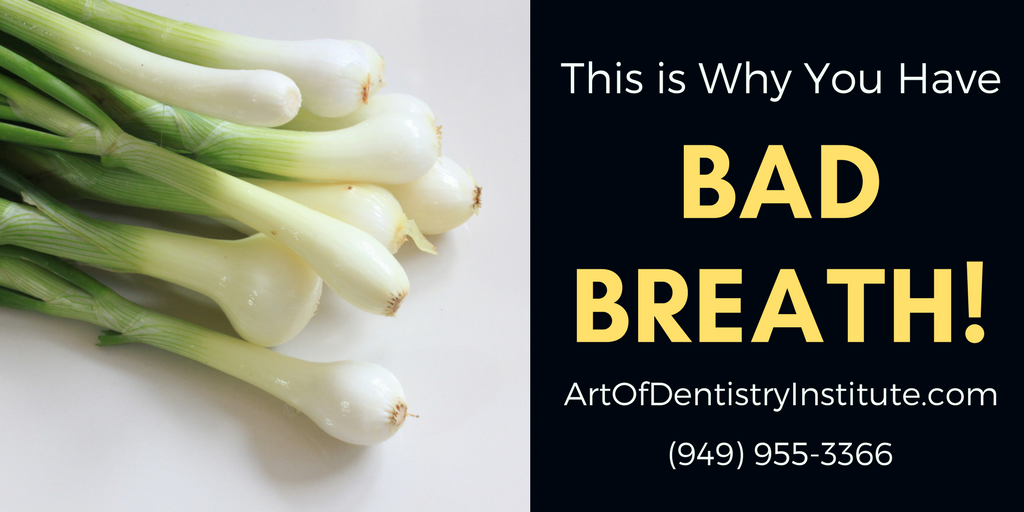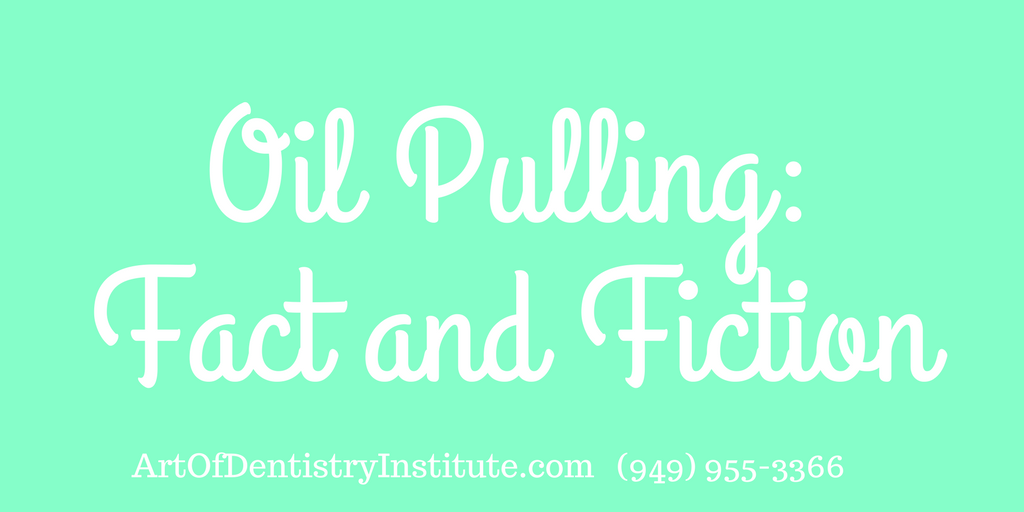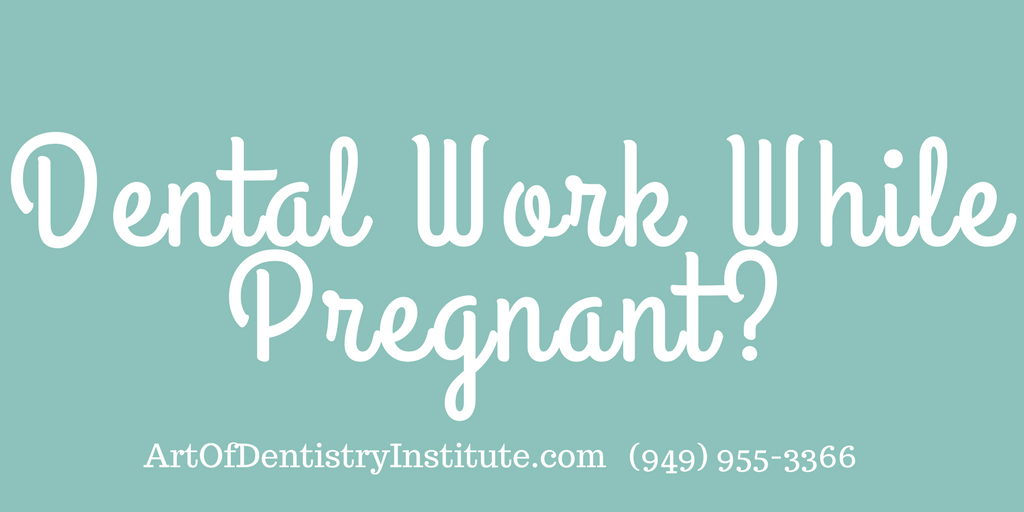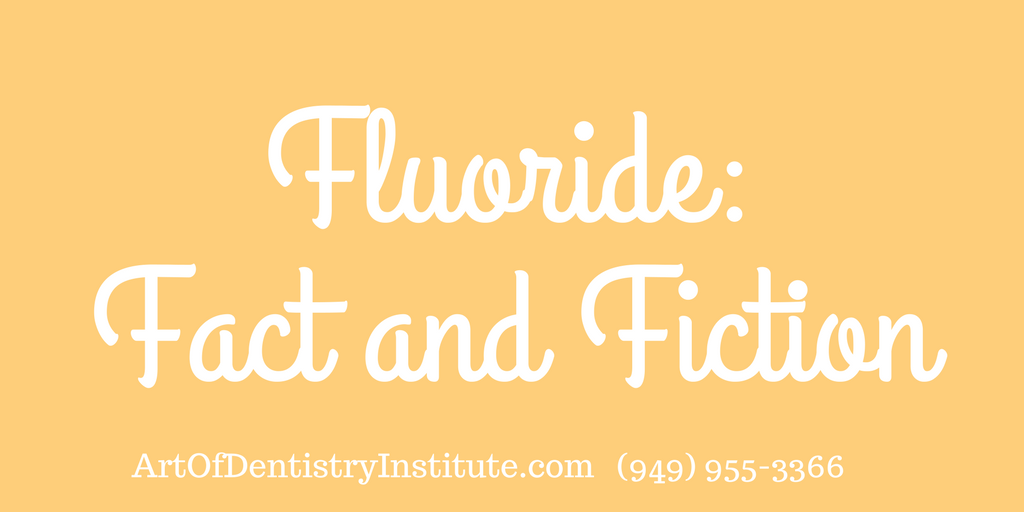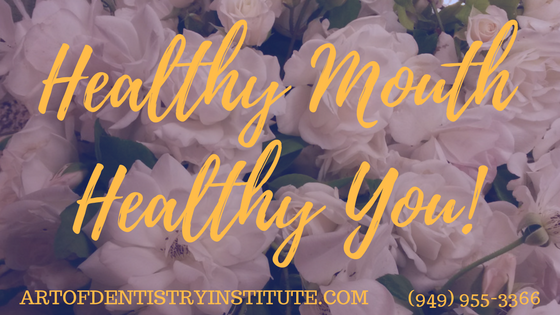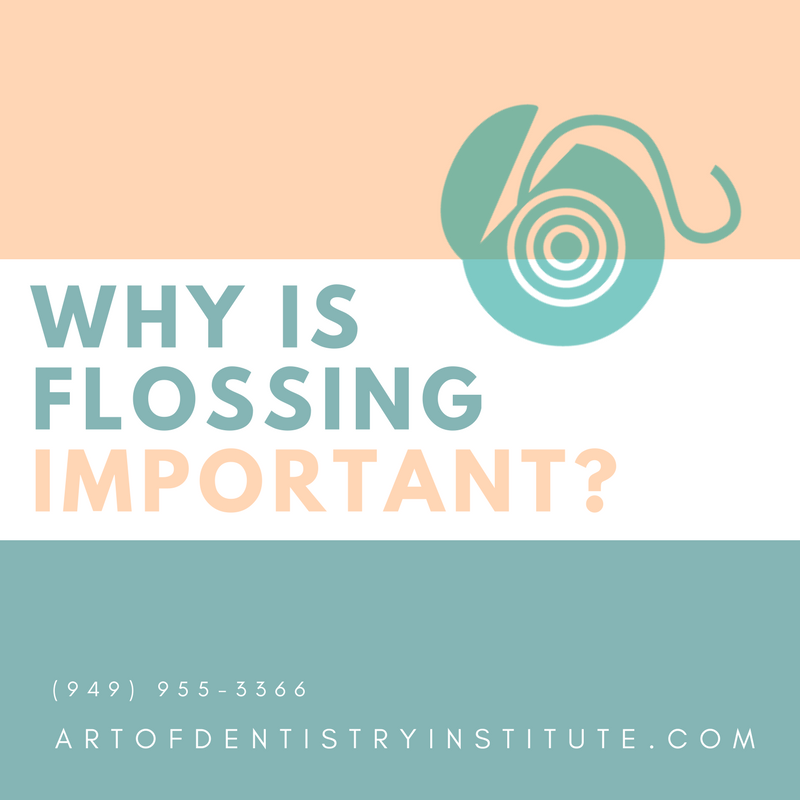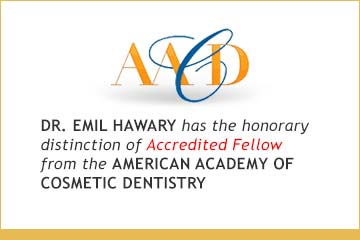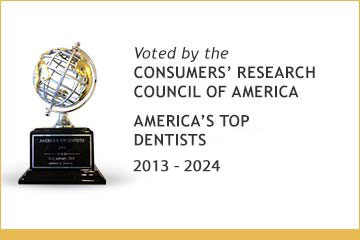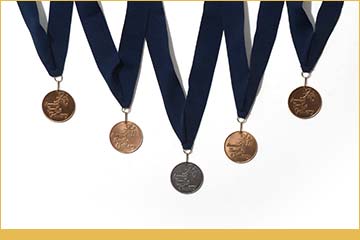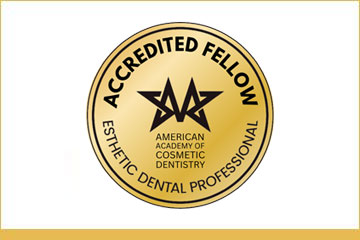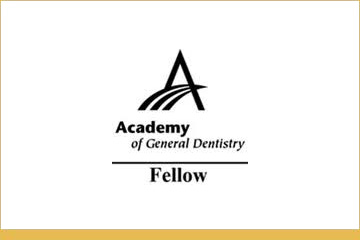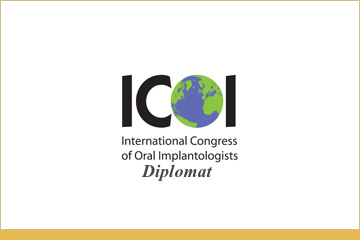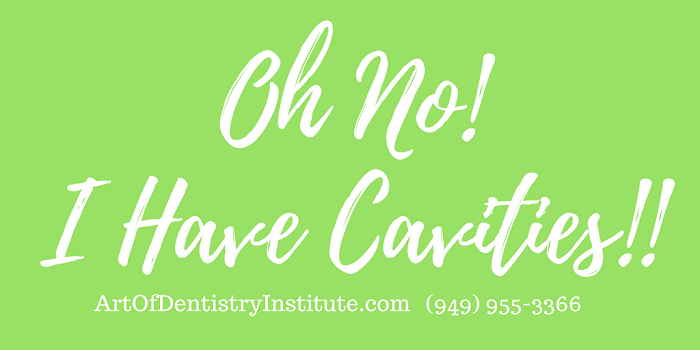
Tooth cavities, also known scientifically as dental caries, affect a large part of the population. According to a report by CDC’s National Center for Health Statistics, about 91 percent of adults in the United States have at least one dental filling. Obviously, no one wants to get a tooth cavity, but in conjunction of working with your dentist they are fairly simple to prevent and fix if you do find yourself needing a dental filling.
How Do Cavities Form?
Simply put, bacteria in your mouth combines with bits of food and saliva to create plaque, which then sticks to your teeth and begins to eat away at the protective enamel layer. The acids found in the plaque bore holes into you teeth and are ultimately how cavities form in teeth.
Tooth cavities and caries are often more prevalent in people who consume high quantities of carbohydrates and sweets. These food groups contain lots of sugars that your mouth’s naturally-occurring bacteria thrive on. When the sugars aren’t removed from your teeth, the bacteria converts the sugars into acid, which then combine with saliva to make plaque. Diets with high amounts of sugar are often what causes cavities to form.
Where Are Cavities Usually Found?
Cavities are often associated with children, who typically eat a lot of sugar and are not as diligent about brushing their teeth as adults.
In adults, cavities are often found near the edge of an existing cavity filling. Receding gums, a common occurrence in older adults, also causes cavities to form near the tooth root.
Why Do Cavities Need to Be Filled?
Untreated cavities and dental caries may eventually lead to a toothache. Plaque first attacks the enamel, which is the outer layer of the tooth, before moving on to the next layer. the dentin. From there, it continues to the pulp of the tooth, which is when you may start to notice pain and sensitivity. Ideally, you should treat a cavity before it reaches this painful step. Regular visits to your dentist can help you catch potential problems before they escalate.
If your dentist finds a cavity, don’t worry. Tooth cavities are easily treatable with a dental filling. Dentists will typically remove the tooth decay with a drill and then fill the hole with the appropriate substance.
How to Prevent Cavities?
Of course, prevention is always preferable to treatment. Keep tooth cavities from forming by brushing and flossing your teeth regularly and avoiding sugary foods and drinks. Visit your dentist twice a year for more thorough cleanings to further improve your chances to avoid the need for a cavity filling.


